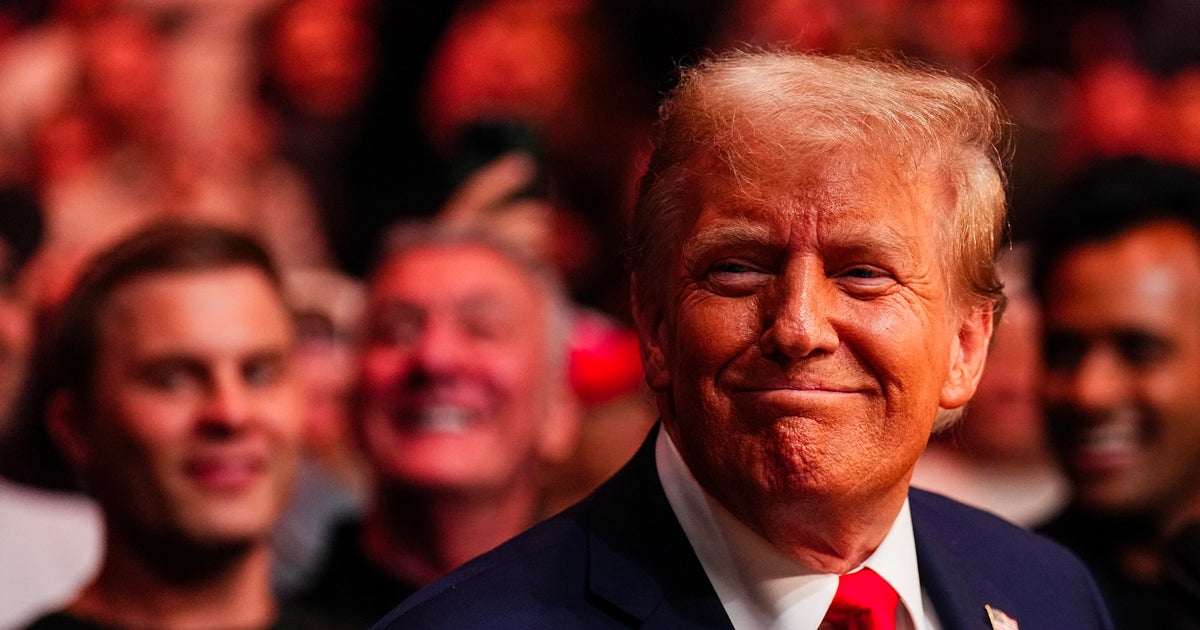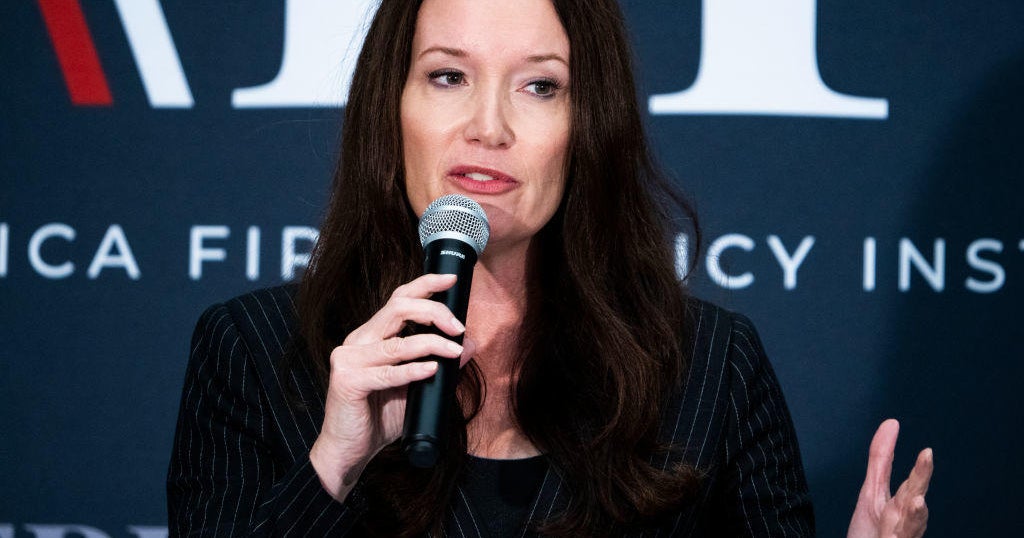CBS News
New poll on Harris, Trump representing change

Watch CBS News
Be the first to know
Get browser notifications for breaking news, live events, and exclusive reporting.
Continue Reading
CBS News
Gazan chefs cook up hope and humanity for online audience

Watch CBS News
Be the first to know
Get browser notifications for breaking news, live events, and exclusive reporting.
CBS News
Serving up home-cooked dog food

Watch CBS News
Be the first to know
Get browser notifications for breaking news, live events, and exclusive reporting.
CBS News
What makes a martini a martini?

Watch CBS News
Be the first to know
Get browser notifications for breaking news, live events, and exclusive reporting.







